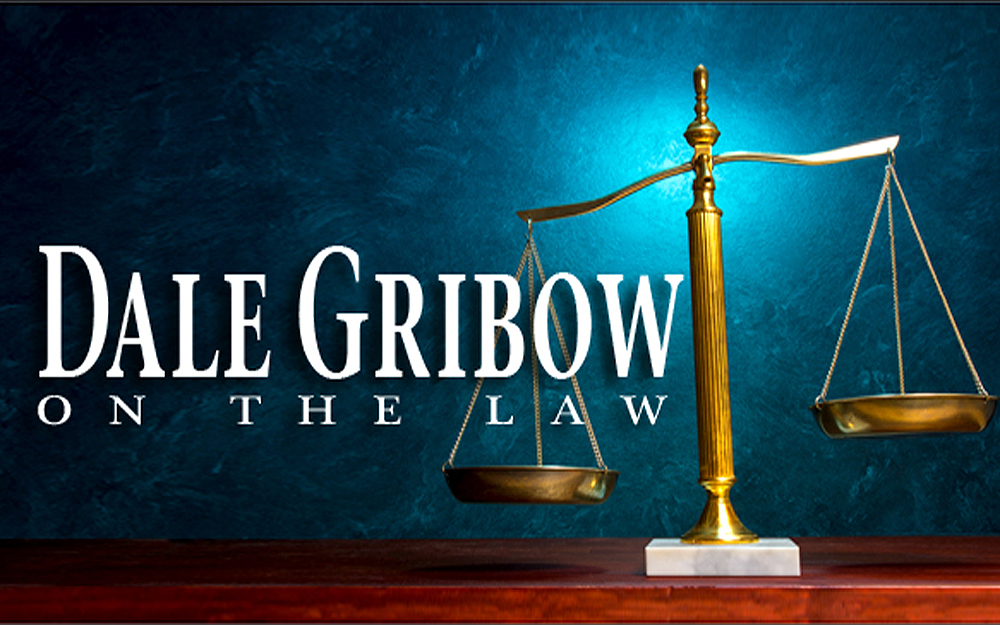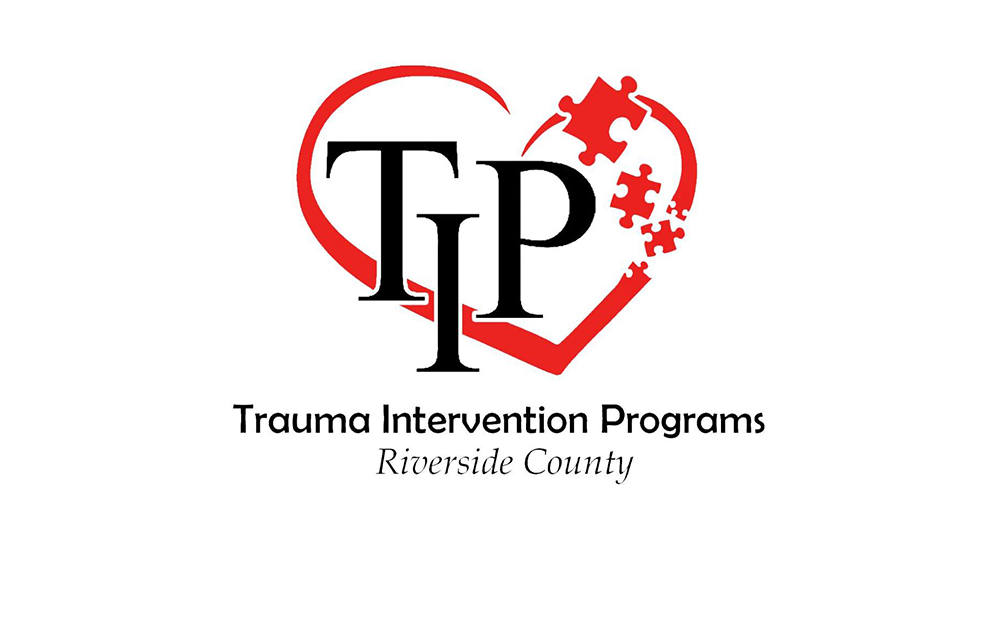
DUI cases are among the most challenging Criminal cases, as you must deal with the Court and DMV…each independent of the other. My Pre Med/Pre Law science background at USC helps me understand the chemical tests.
Upon a DUI, the CDL will be taken and the driver will receive a Pink Piece of Paper, which is a Temporary License with the administrative per se info. It explains the driver has 10 calendar days to request a DMV hearing and weekends count as days. This protects the client’s right to a hearing and driving privileges from a suspension. If a hearing is not requested the license will be suspended on the 30th day after the arrest.
The ticket received contains the charges and Arraignment date. It will be 2-3 months after the arrest. COVID backed the Indio Court with 2800 cases around 1/1/23 but they are cleaning up the backlog. Many defense lawyers had been continuing their DUI’s cases for 1-3 years and then announcing Ready for Trial. Since October 2022, the courts can’t get all the cases out. When that happens we bring a 1382 Motion to Dismiss for lack of a timely prosecution. We have fortunately got several DUI’s dismissed recently with that argument.
Requesting and reviewing the DMV evidence gives the DUI lawyer a heads up of what they will receive at the arraignment. A DS367 form has the officer’s sworn statement of the facts, the driving record and the unsworn results of the breath or chemical test …and hopefully the police arrest report.
Experienced lawyers requests a “stay” or freeze on the DMV Suspension within 10 days. Then the CDL is good until the hearing is resolved in a few months. Lawyers who have court proceedings on the same day as the hearing can request a continuance and thus allow the Defendant to drive with an extended Temp Lic.
The SB Driver’s Safety has jurisdiction over the CV. However now we just deal with telephonic hearings.
The DMV paperwork will provide info on the officer. You can subpoena the ofcr and ask the arresting agency for any additional paperwork they may have. Technically DMV can prove their case with just the DS367, and not provide an arrest report, as long as the DMV paperwork contains all info relevant to the enforcement action.
Your lawyer can subpoena any audio/video and body cam tapes; the calibration logs for the regularly tested machine used for the breath test to see if it was working correctly both before and after the test. A blood packet and breath calibration logs, accuracy logs and usage logs from the arresting agency as well as any 911 call can be requested.
Most dui lawyers have a copy of the training manual for the agency so they can cross exam the officer on procedures followed. It will cost a little less than $300 to subpoena the officer for the DMV hearing. Using that at the DMV hearing could provide the info to win at that stage. Though not determinative, the DA will look into the chances of their winning at trial and either dismiss or make an “offer” that is attractive to consider.
Hiring a DUI expert is costly but often essential to show that the D was not DUI at the time of the driving, though breath test results may show that when the test was taken at the station 1-3 hours later they were impaired. They would suggest a “rising BA defense”.
At the DMV hearing, an experienced lawyer will object (unsuccessfully) to the hearing officer acting as both the prosecutor and judge. You won’t win, but make an argument to preserve your right to appeal. The hearing will be a discovery tool as to what to expect at trial and to learn if the officer is the brightest bulb in the pack. In addition a good DUI lawyer should Object to the probable cause statement being “Hearsay” per section 1280 of the evidence code for Hearsay and Lack of Foundation and VC 13380 if the arrest occurred before symptoms were observed. An experienced DUI lawyer gets resolution mileage when: no time of driving, no time of objective symptoms, no time of arrest, no time of chemical test, no signature and thus NOT SWORN etc.
Of course before trial, order a copy of the recorded DMV hearing to see if there are any inconsistencies between the DMV testimony and that in court. I always try to talk to the ofcr BEFORE any proceeding to informally get an idea of what he will say on the stand.
Sometimes when you get to court the matter is not on the calendar. That doesn’t mean the case was not filed. Sooo, protect your client by getting something stamped by the clerk that you were there. The DA has up to a year to file the case and they often file and issue a warrant without notifying the driver. Years later when stopped for a traffic violation, the BW shows up and the driver is arrested and taken into custody on the warrant.
If after a protracted period of time the matter is still not filed a “SERNA” motion to dismiss can be presented. The court will look to see if the DA sent a letter and if the D is still living at the same address as reflected on the citation.
I advise clients when they first come into the office on a new DUI, to consider enrolling on their own in AA and possibly signing up for DUI classes to show they are proactive and want to address any possible issue without the court ordering it. I often suggest they log any charitable involvement so that a “Mitigation” packet can be presented to the DA and the Judge. Though this will not prove the client was not guilty, it could go a long way in getting a better deal.
Review the case with your client by going over the police report and any videos etc. The D needs to understand the pros and cons of going to trial, as well as the additional legal costs and the costs of retaining an expert. After all that, the D will have to sign a “Tahl Waiver” in order to enter a plea. In the Indio court a No Contest is NOT accepted. Only guilty.
Only the DA can reduce or dismiss, whereas a DUI judge just deals with sentencing. Sometimes when the DA is unreasonable, as is often the case with DA Hestrin’s guidelines, an end run to the judge is warranted. In other words request an “indicated sentence” from the judge. Sometimes no jail or less community service will be the result.
For questions or suggestions for future columns contact dale@dalegribowlaw.com or 760 837 7500
Remember you can always counter offer the DA and the mitigation packet can go a long toward a better “deal”. If the “line deputy” is not reasonable contact their supervisor. I would always do that with the court deputy to not make them look bad.









































